Generating creative solutions for entrenched transportation problems
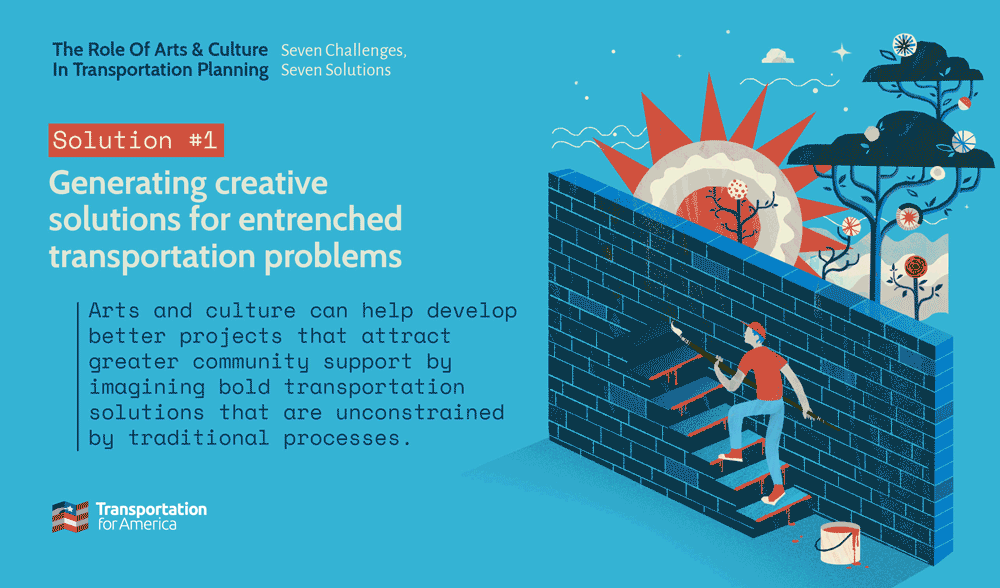
Transportation projects generally start with an idea that is expected to solve a specific mobility challenge, and all too often, the genesis of a project is political. Often utilitarian in their approach, transportation professionals use historic precedent, regulatory policies, funding restrictions, limited community input, and engineering analyses to generate these ideas. Rather than sparking new, innovative ideas, these cumbersome constraints often lead to rehashed ideas that follow conventional standards, adhere to the status quo, and are designed to win approvals rather than to inspire community members and find new ways to solve old problems.
Challenge: How can transportation planners and advocates imagine unprecedented transportation solutions?
Dreaming up unprecedented transportation solutions is no simple task; presenting them in a manner that inspires excitement and support is an additional challenge. While engineers are certainly creative problem solvers, transportation professionals generally aren’t encouraged to create new and inspiring solutions — they are trained to follow predictable manuals and standards. If the power of imagination is to be used to generate innovative transportation solutions, transportation planners and advocates need assistance from those who specialize in imagination, creativity, and inspiration.
Solution: Arts and culture can help imagine bold transportation solutions that are unconstrained by traditional processes, leading to projects that attract greater community support.
Artistic practice, whether used by artists, designers, transportation planners, or advocates, can help generate new ideas. Creating imaginative, inventive projects allows leaders to test ideas, to present new concepts.
Explore this approach through the following detailed case studies:

Minnesota Department of Transportation Artist-in-Residence
The Minnesota Department of Transportation hired their inaugural artist-in-residence who challenged the state agency’s status quo through thoughtful discussions and transformation of their meeting place.
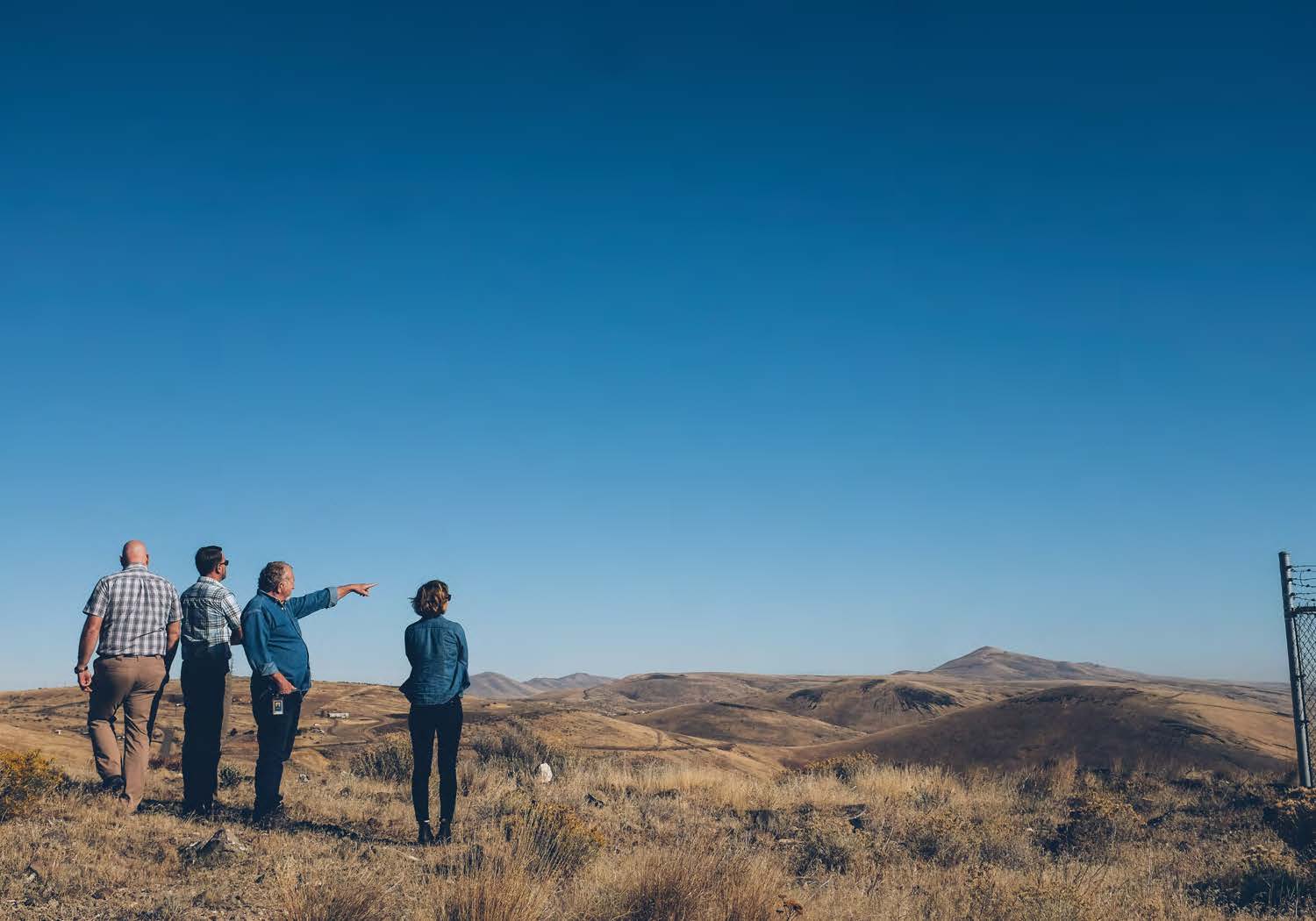
Washington State DOT Artists-in-Residence
Washington State Department of Transportation (WSDOT) launched the country’s first-ever artist-in-residence program in a state agency, with artists focusing on the agency’s creative thinking and
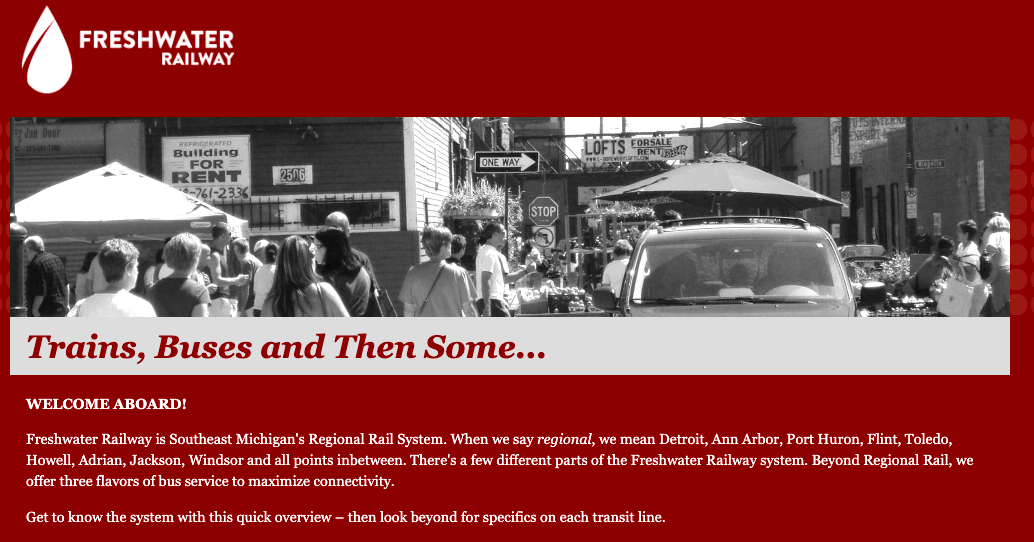
Freshwater Railway
Disillusioned with the arduous way transit is developed, a Detroit-based transit professional, Neil Greenberg, dreamed bigger and imagined a fictional commuter rail system for Michigan
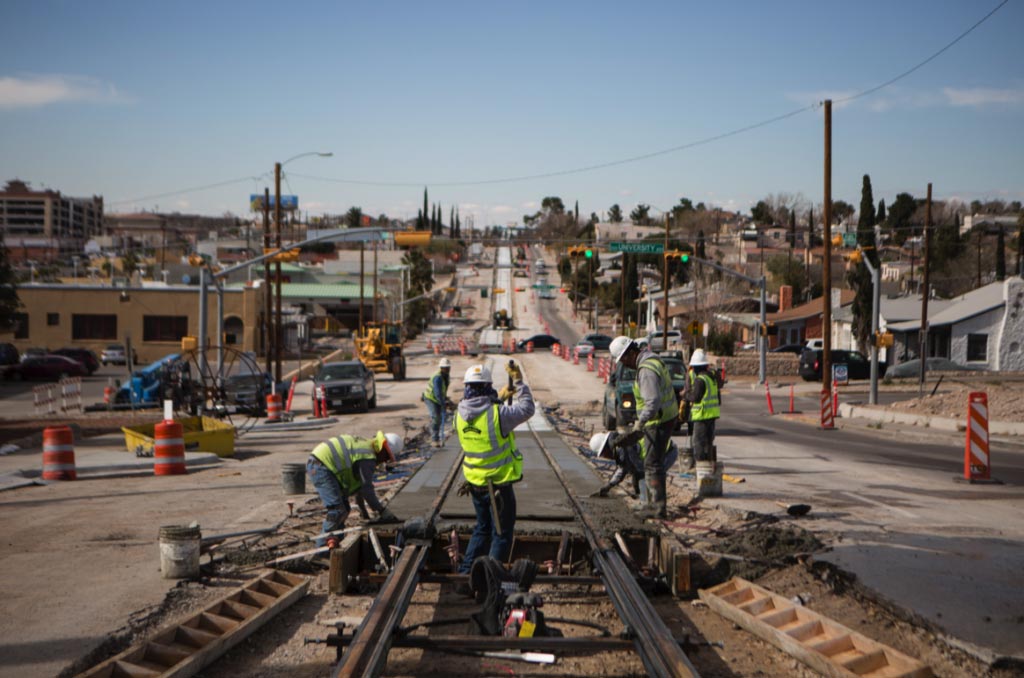
El Paso Transnational Trolley
What began as an arts-driven guerilla marketing campaign for the fictional return of a historic streetcar in the border communities of El Paso, TX and
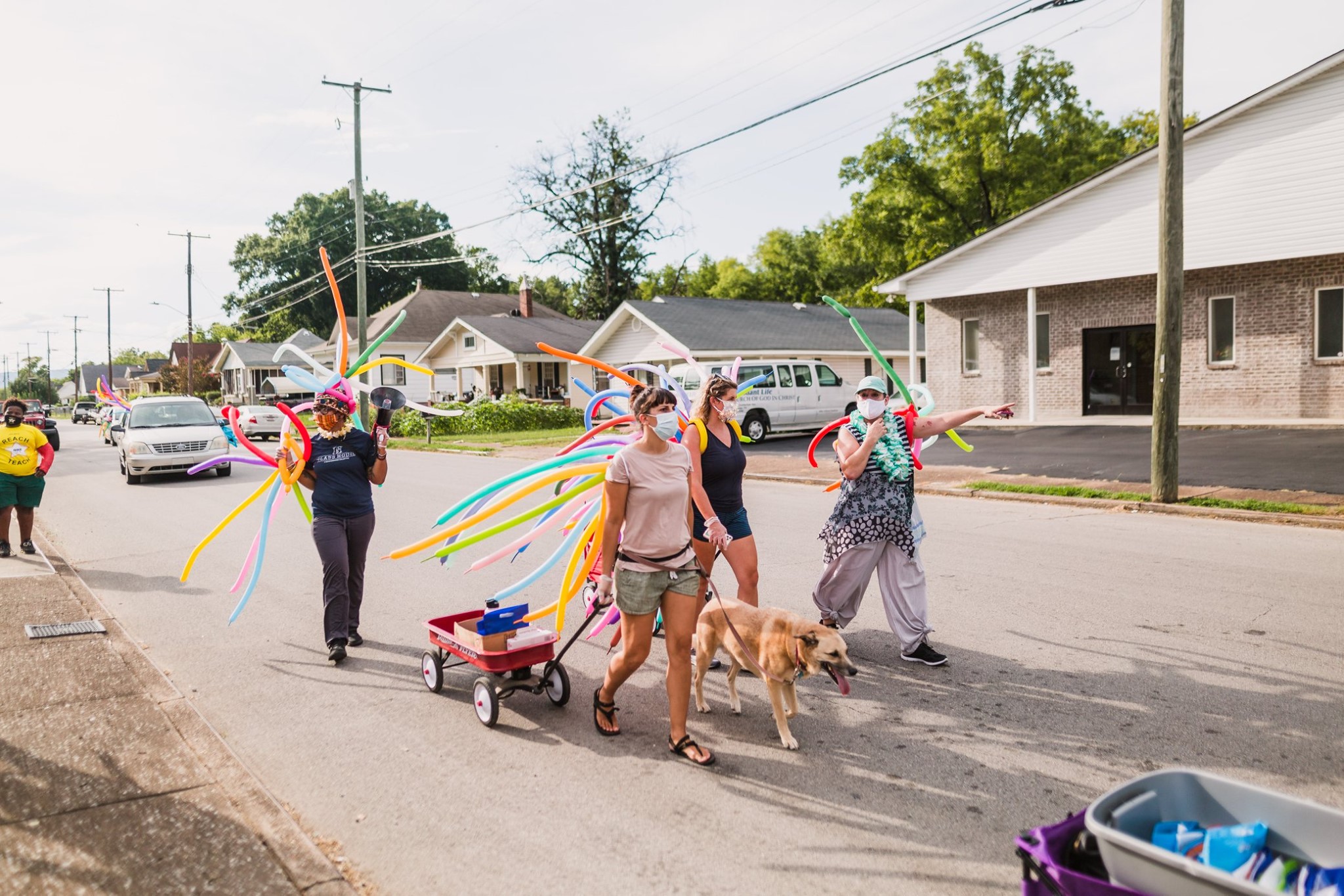
Chattanooga DOT Artist-in-residence program
In the spring of 2020, Chattanooga’s Department of Transportation (CDOT) launched its own artist-in-residence program, based on the model of Saint Paul’s City Artist program.
